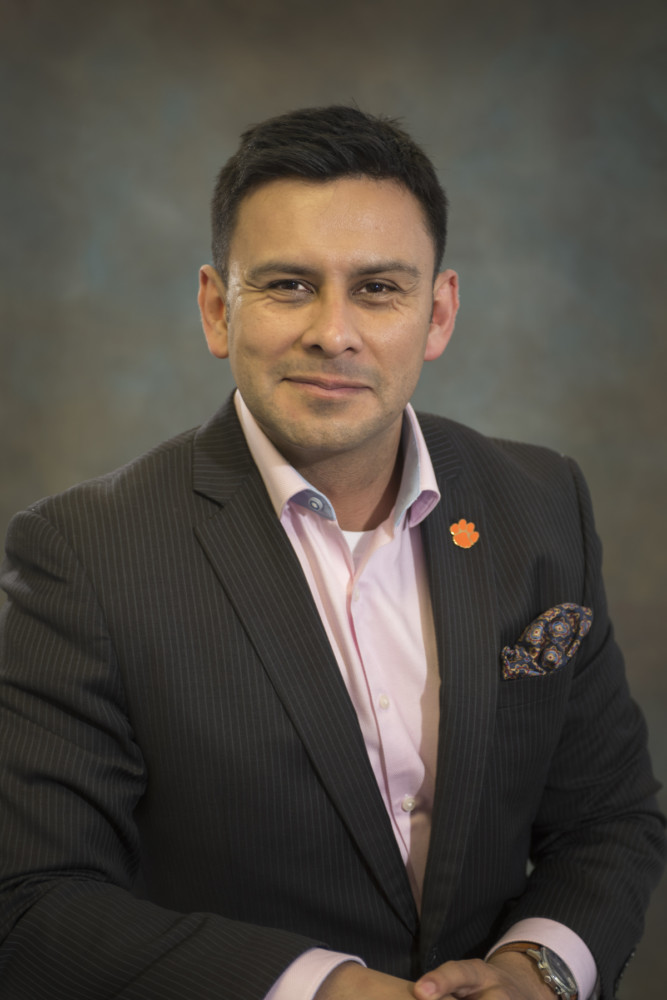College Director Has the Answer to Firms’ Worker Shortages: Let Undocumented Immigrants Go To School
Date: July 7, 2016

When Julio Hernandez was growing up around gangs in San Antonio, his parents made it clear that college would be in his future. His peers seemed surprised. One even teased him: “How can you go to college? You rich or something?” As the son of Mexican immigrants who worked menial jobs, Hernandez’s family definitely wasn’t wealthy. But with their support — along with grants, scholarships and loans — Hernandez was able to attend the University of the Incarnate Word, a local private Catholic college, and become the first person in his family to receive a higher education.
Hernandez credits school with keeping him from joining a gang – a fate that led to the deaths of four of his peers. He now has an MBA and serves as associate director for Hispanic Outreach at Clemson University, where he helps South Carolina universities work around the South Carolina Illegal Immigration Reform Act, a 2008 law that prohibits undocumented immigrants from attending a public institution of higher education or qualifying for financial aid.
When did it become okay to let these kids sit on the sidelines and not contribute to this country?
“It’s more of a workforce issue and less of a moral one,” says Hernandez. Large multinational companies in upstate South Carolina such as Michelin, BMW, and General Electric desperately need trained, talented workers. “I know so many accomplished, undocumented students who can’t get federal funding for school,” he says. “When did it become okay to let these kids sit on the sidelines and not contribute to this country?”
Hernandez talks to high school guidance counselors about options for these young people, many of whom were brought to the United States by their parents when they were young and know no other home. “We can raise locals funds to help them afford the private colleges they’re allowed to go to,” he says. “We can also educate students and their families about careers they can go pursue that don’t require licenses. I help them think about a Plan B and Plan C.”
As the chair of education for the Hispanic Alliance, a Greenville nonprofit, Hernandez also brainstorms with university leaders seeking financial solutions for these prospective students. The alliance also mentors young students and provides English classes for their parents.
It was Hernandez’s own guidance counselor who encouraged him to resist the gang culture and take “the lonely road to college.” Hernandez also didn’t want to disappoint his parents. “I had to do it. They were working so hard for me,” he says. “My parents always said that if I obtained a real education, I could impact the world.” He just hopes immigration reform will make an education possible for others like him — people who want to make the world a better place.
